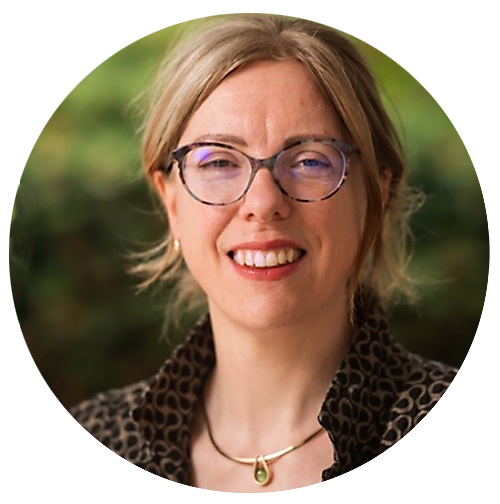How does the university of the future look like?

Dr. Maartje van den Bogaard
Location: USA
The university of the future is people-centered and learning-centered. People include students, faculty, staff and administrators and learning pertains to all of them learning. Universities are about learning and curiosity, while pushing the boundaries and helping create a just society. We will get there if everyone’s learning is valued.
Clare Merlin-Knoblich
Location: USA
I’d like to believe that the university of the future looks like one where everyone’s needs are met. Where students can learn effectively and efficiently in ways that spark critical thinking and valuable debate. Where faculty can explore new ideas through teaching and researching needed topics. And where community members can jump into community-engaged scholarship, learning and teaching to grow the university’s impact.
Do you have any recommendations or tips for us?
I believe engaging with the community surrounding a university, whether the local town, region, or country, is essential to build support and meaningful practices that will meet the needs of the constituents nearby. I also think that true university learning ought to include an emphasis on critical thinking and learning how to learn, rather than just a banking model of education (like Paulo Freire describes).

Michele Meinke-Kroll
Location: USA
It will place students at the center of the ecosystem where learners co design their educational experiences that are competency based to master a career-based skillset rather than focus on credentials and standardized assessment. Pedagogy has shifted to a student led model that personalizes the learning experience for students to have access to partnering with many institutions and industries to progress and develop mastery. Technology aids in personalized learning, providing the flexibility and the comfort of remote learning as well as hybrid classroom experiences.
Do you have any recommendations or tips for us?
- Provide designable degree programs that are competency-based, project-based, and directly applicable in the workplace.
- Subject matter is decided by the learner – it will encompass learning experiences across many disciplines for that learner’s future professional endeavors.
- Technology allows for collaborative research with faculty across institutions for design-based research opportunities.
- Students engage as part-time instructo rs with faculty as part of a capstone experience.